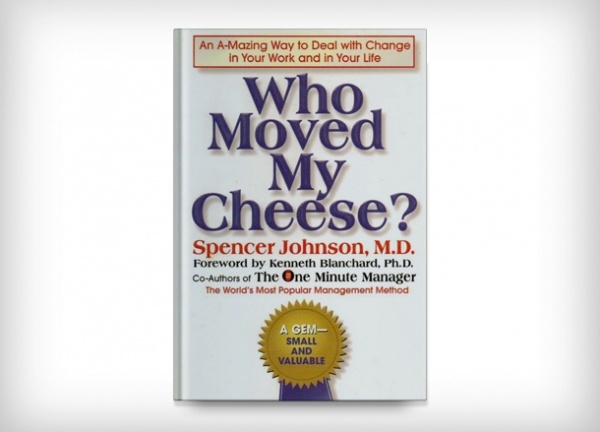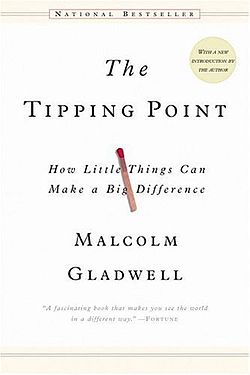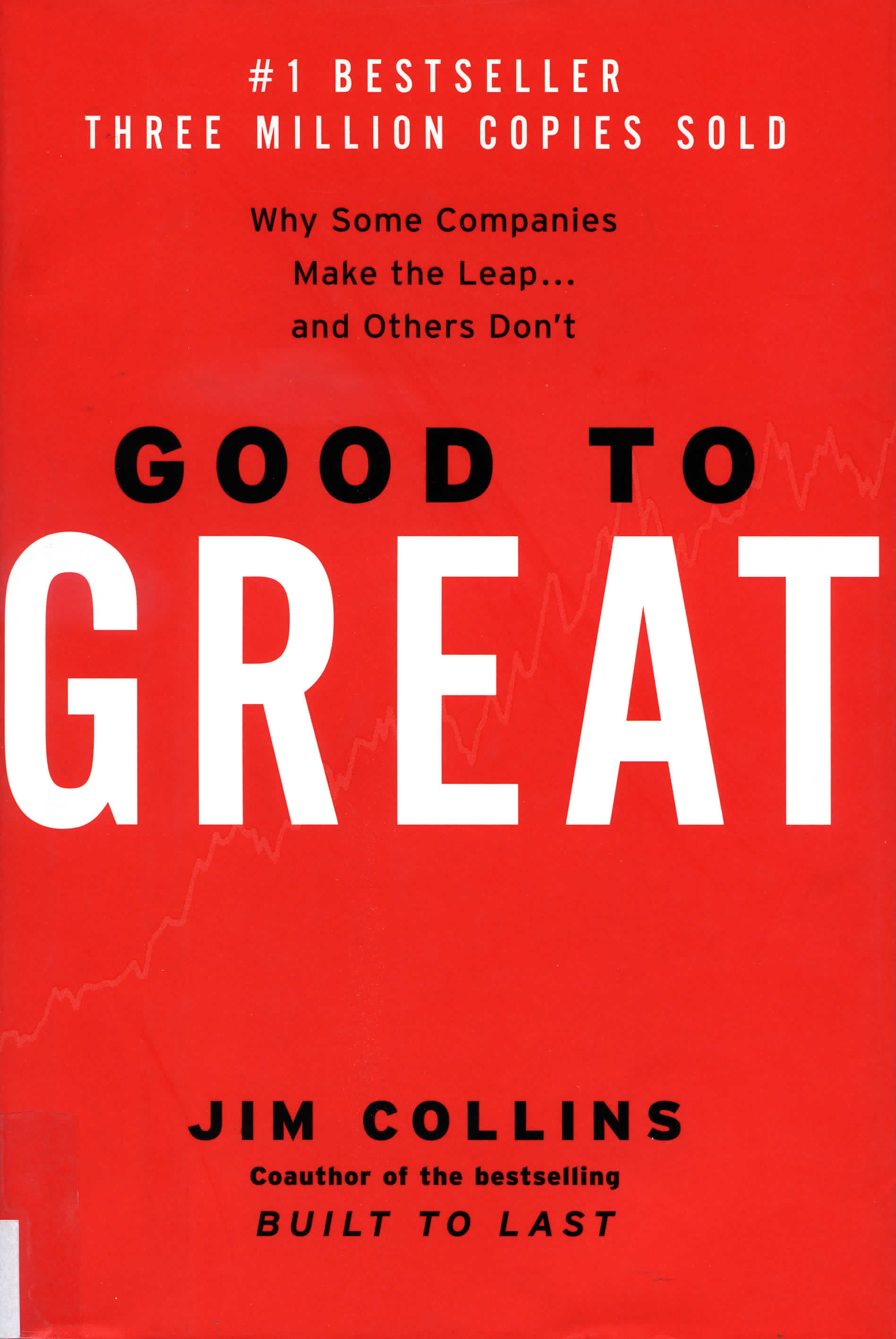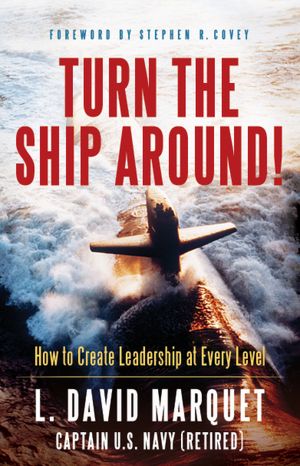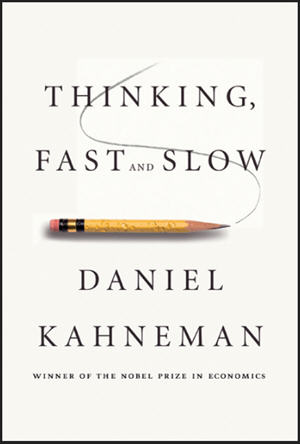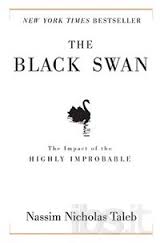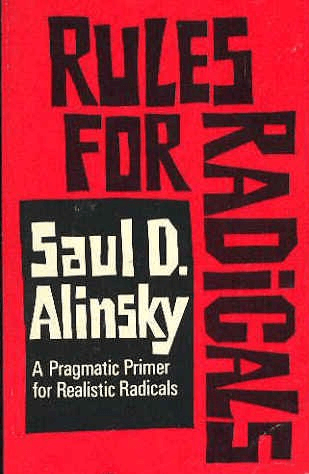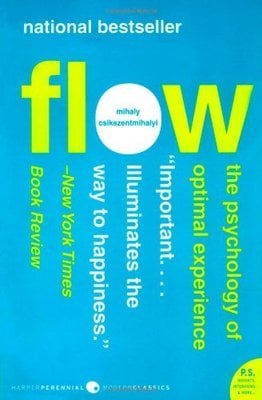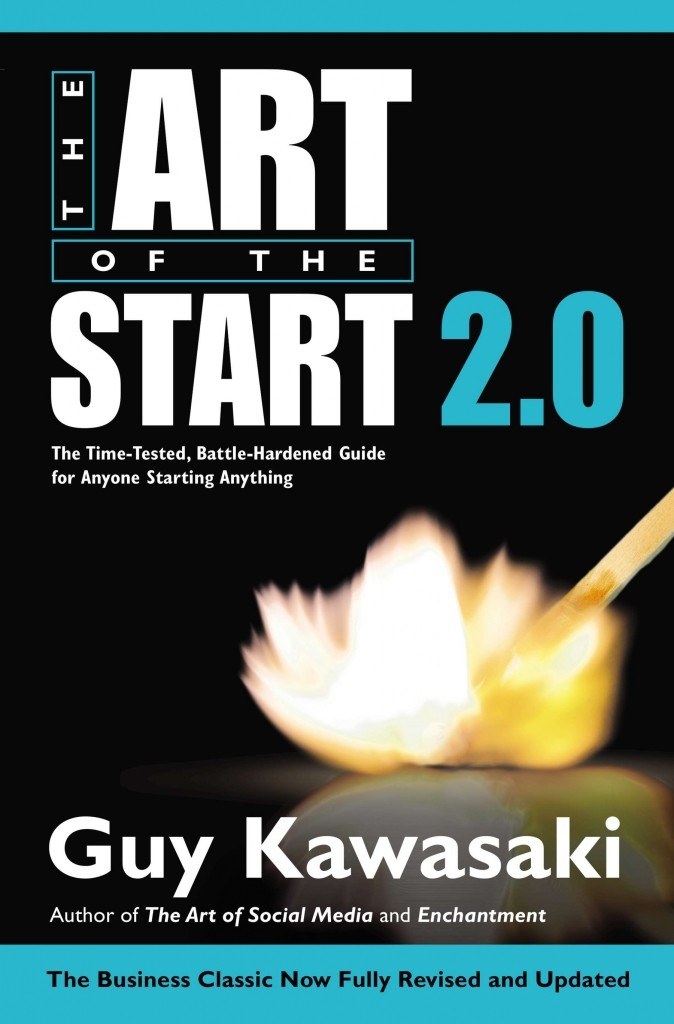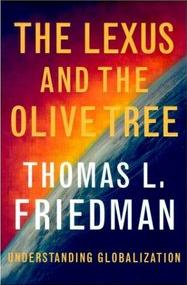According to many studies, the value of an MBA is declining. As more and more people pursue business degrees, and as colleges make those degrees more convenient, the value of the knowledge associated with an MBA is becoming less and less powerful. However, for those seeking to gain business knowledge, there are many cheap and affordable alternatives to an MBA. For that reason, we have compiled a list of 15 short business books that are a valuable alternative to costly educational programs.
1. How To Lie With Statistics by Darrell Huff
How To Lie With Statistics is a valuable alternative to any business statistics class. While not necessarily based heavily in math, this book does give the reader a thorough knowledge of how people use numbers to manipulate facts, to create hypotheses, and, most importantly, how to obscure the truth. Grab this one and learn how you’re being lied to on a daily basis.
2. Who Moved My Cheese by Spencer Johnson
Who Moved My Cheese is an important work detailing valuable business lessons through the parable of two mice caught in a maze. Each day they realize the cheese is not in the same place it was yesterday; this imitates how the goals of a business change and change often, and how the best businesses are able to readily adapt to those changes.
3. The Tipping Point by Malcolm Gladwell
In addition to being prime water-cooler conversation fodder, The Tipping Point makes clear how an idea, business or otherwise, turns from an idea into a trend into a social epidemic. Using examples such as the popularity of Hush Puppy shoes in the ’90’s, The Tipping Point identifies three types of people that contribute to social epidemics and lays out how these types of people can be used to create epidemics. It is a business book that is valuable for marketers and others concerned with how trends form.
4. Rich Habits by Thomas Corley
In Rich Habits, Thomas Corley lays out the results of his five-year study in which he observed the daily habits of both rich and poor people. Rich people were more likely to engage in regular routines such as brushing their teeth or calling friends on their birthdays. This work is special because Corley takes some simple data and makes it into a highly readable, pocket-sized work.
5. Good to Great by Jim Collins
This intricately data-driven study by University of Colorado professor Jim Collins makes his case for why many businesses fail, and what drives those that succeed. Good to Great uses many visual metaphors to make clear how certain companies moved from average to amazing, while others struggle. Collins’ terms “The Hedgehog Concept” and “The Flywheel and the Doom Loop” are vital to the vocabulary of any successful business person.
6. Turn the Ship Around! By L. David Marquet
Marquet, a retired Navy submarine captain, lays out brilliant leadership methods that he developed during his tenure as a leader of men in trying circumstances. In the take-orders culture of the military, Marquet become wary of giving commands that could not be followed, so he turned each of his individual sailors into leaders instead of followers. Turn the Ship Around is an important study of how to empower those in your command to use their minds.
7. Thinking Fast, and Slow by Daniel Kahneman
In Thinking Fast, and Slow, psychologist Daniel Kahneman spends his efforts deconstructing the reasons why people are often misinformed at the first glance, and how leaders can control their thinking to make sure they are not hoodwinked by logical fallacies or by their own emotions. This work is a brilliant piece of writing that delves deep into how our brains don’t necessarily operate efficiently in the short-term, and gives insights about how we can train ourselves to think more coherently long-term.
8. The Black Swan by Nassim NicholasTassib
In The Black Swan, many misconceptions about the impact of the highly improbable are diagnosed and dissected. Many business leaders read this book to understand how wrong they are often are, and the impact of their wrong-headedness on others. This is a brilliant read.
9. Rules for Radicals by Saul Alinsky
Alinsky’s book is a manifesto on how to create grassroots support of any idea, no matter how ridiculous or ‘radical.’ Alinsky’s work is often thought of as more of a handbook on how to organize political, but this is the book that created the idea of personalizing trivial issues, and holds many positive thoughts on how to galvanize people.
10. How to Win Friends and Influence People by Dale Carnegie
In the early part of the 20th Century, How To Win Friends and Influence People more or less started the self-help movement. This book is a powerful tool on how to negotiate with others, how to influence conversations, and how to look good while doing both. No business leader should go without it.
11. Flow by Mihaly Csikszentmihalyi
This work is by an Icelandic psychologist and goes thoroughly in-depth on how creative and scientific types dial into their trade and really begin to experience oneness with their work. A brilliant study on how to tap into your potential, Flow is not to be left off this list.
12. The Balanced Scorecard by Robert S. Kaplan and David P. Norton
The Balanced Scorecard is all about creating an optimal strategy and implementing it through accurate performance measures that naturally drive goals to completion. These book has a three-pronged approach to justifying strategy, creating measures that will drive the company forward, and optimizing those measures.
13. Sam Walton: Made In America: by Sam Walton
What better way to find out about effectiveness in business than by reading the words and perspective of one of the most successful CEO’s in history. Sam Walton’s story is equal part effective narration of his mindset and shrewd business advice.
14. The Art of the Start 2.0 by Guy Kawasaki
Kawasaki’s The Art of the Start 2.0 is a diagram of entrepreneurship and how to build something from the ground up. Kawasaki is thought of as a visionary on many subjects; I, myself, was once in a webinar in which he taught social media skills to many, free of charge. If anyone can do it yourself, it’s you, and if anyone can show you how to do it yourself, it’s Kawasaki.
15. The Lexus and the Olive Tree by Thomas Friedman
Friedman has several works that could make this list– most notably The World Is Flat– but The Lexus and the Olive Tree gains the last entry because they truly make the reader delve into and even embrace globalization and the shrinking and complicating of business process as they occur. Read about how geographical and geopolitical boundaries are necessary to be maintained even as business circumvents them all.
Featured photo credit: 42-15181265/Rhodri Utility Warehouse Distributor via flickr.com


